Feeling like you don’t fit in is a lonely place to be.
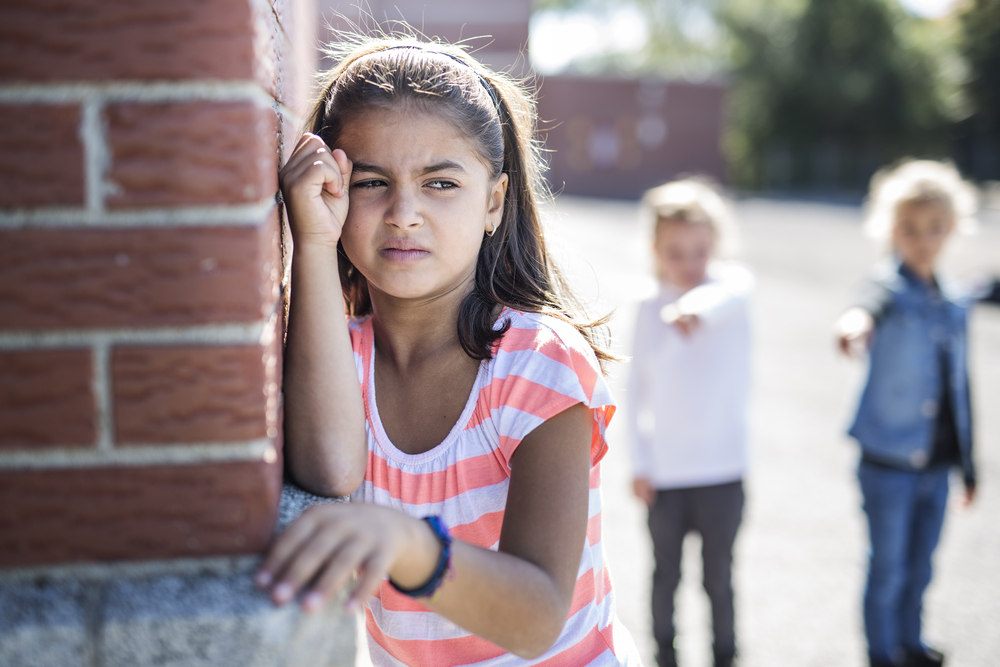
If you’re feeling like an outsider as an adult, it could be due to childhood experiences you went through. Those events can leave a permanent scar and make you feel as though no one will understand you or accept you as you are. Of course, those feelings are false, but opening yourself up more to being less of an outsider helps you understand those childhood moments holding you back.
1. You were bullied.
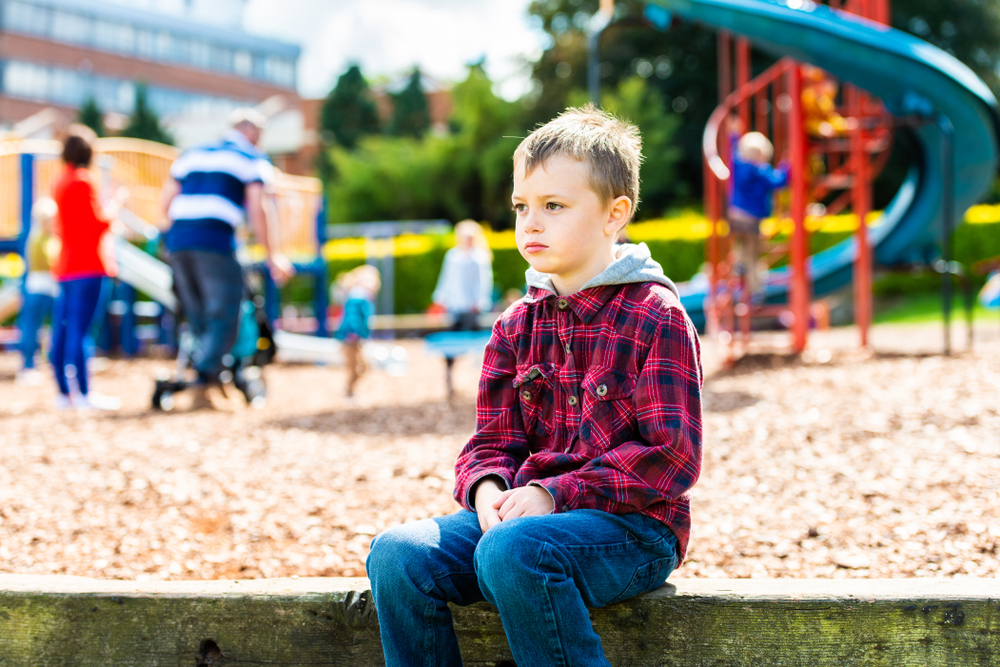
Bullying is rough on the self-esteem, no matter how old you are. If you were bullied in your adolescence, it can have a lasting impact on your life and make it difficult for you to trust new people coming into your inner circle. You always wonder what people will see about you and if it will lead to more ridicule, so it’s easier to be alone.
2. Your parents didn’t offer emotional support.

The emotional support of the people who raise us helps build confidence and self-esteem, per Psychology Today. If your parents or caregivers were emotionally absent, you may also struggle with fitting in. You may feel it’s your fault they couldn’t connect with you on a deeper level, which keeps you from trying to connect with people in adulthood.
3. You had interests that weren’t aligned with other kids.

You may have felt out of place if you grew up in a farming town and weren’t a farmer. If you weren’t into sports, but they were big at your school, people may have looked down on you for not participating. Creative kids often spend a lot of time in their little worlds, and as an imaginative adult, you can still feel like you don’t belong.
4. There was a lot of conflict in your home life.

Trouble at home can make it difficult to have friends over, and it can profoundly impact who you are as an adult. If your parents fought all the time, you were subjected to a hostile home environment. If one or both of your parents were hoarders, you may have spent a lot of time avoiding home and never had a lot of visitors for you or anyone else who lived there.
5. You struggled with friendships.
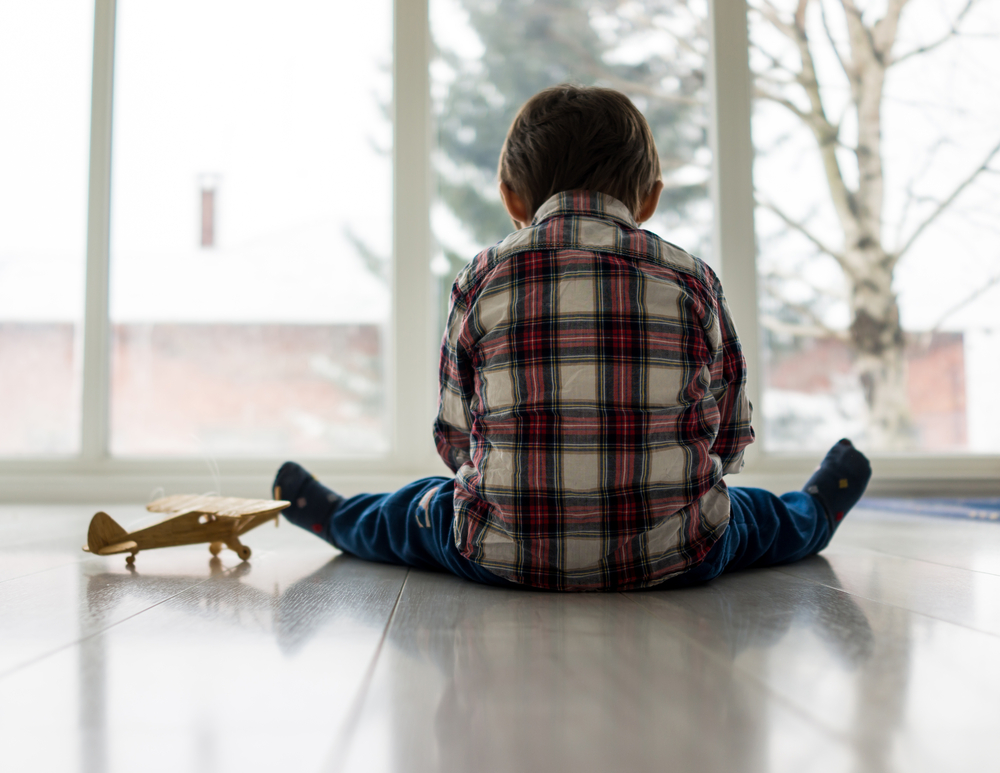
If you struggled making friends as a kid, you likely still struggle as an adult. There are many reasons why making friends is hard at all points in life. People may have seen you as being different than them, or perhaps someone started a rumor about you that caused people to stay away from you. The vital thing to know is that what other people think and say about you has more to do with who they are than who you are.
6. You were neglected or abused.
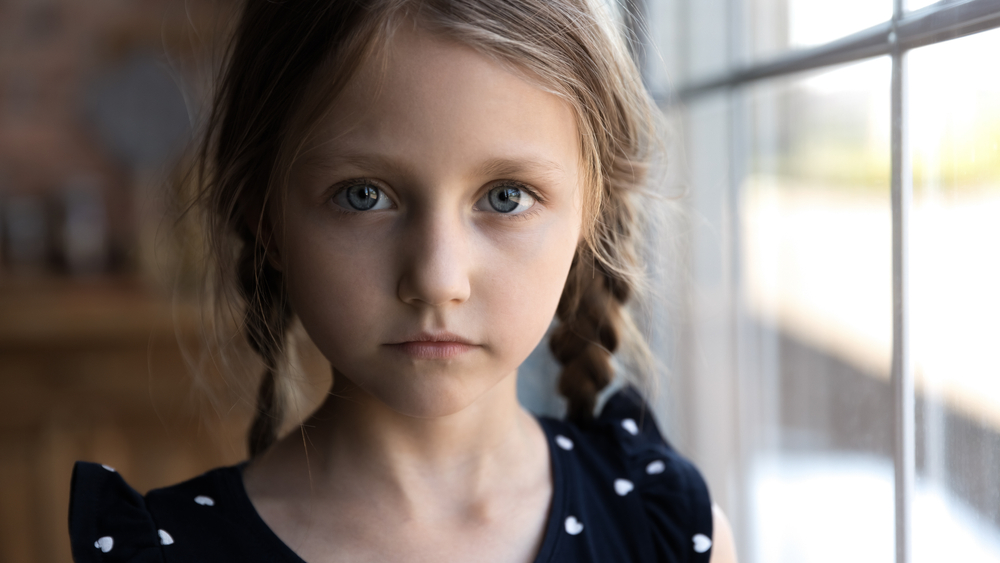
It’s impossible to feel like you fit in when you were neglected or abused by the people who were supposed to love and care for you. The friendships you did and do make could be more trauma bond-related than healthy relationships. Talking to a therapist can help you deal with those childhood wounds and realize that you’re not alone in the world.
7. There were cultural or racial differences between you and other kids.
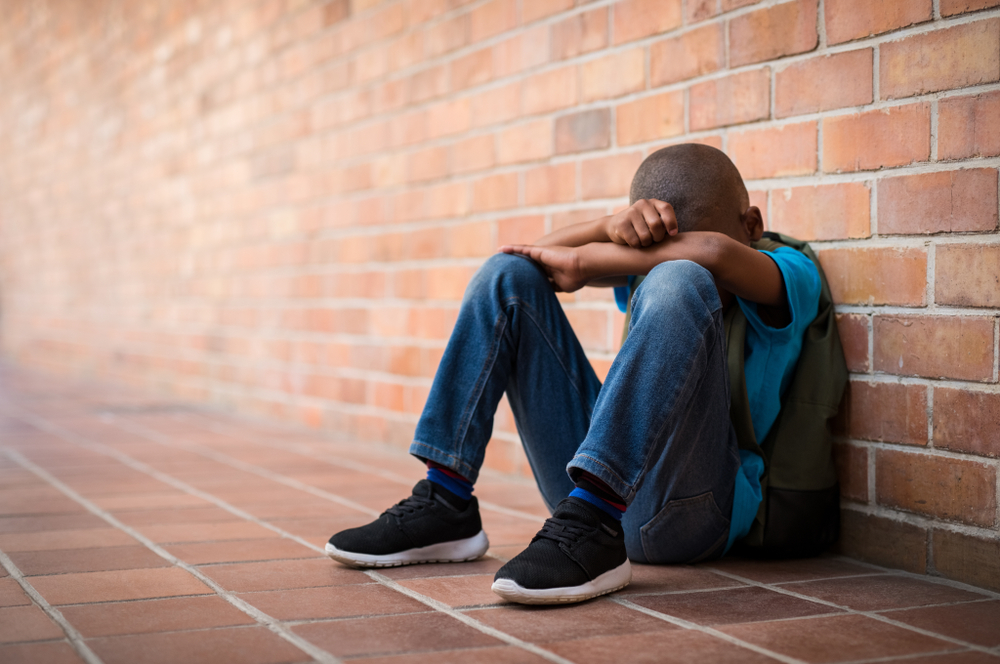
When you’re the minority in school, or your family has a different cultural background than the norm, it can leave you feeling alone and out of place. You may be made fun of for your differences — kids can be cruel.
8. Your parents were overly controlling.
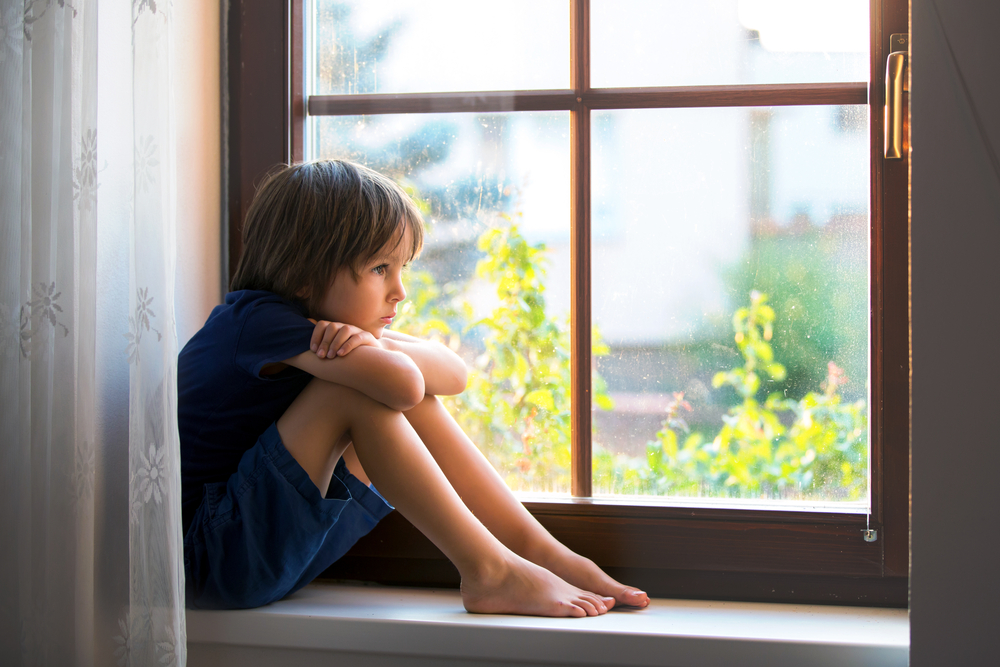
If you had highly overbearing parents, you may not have been allowed to hang out with friends and go to parties. If you were stuck at home doing chores all the time, you didn’t get many chances to bond with your peers. This can make making friends as an adult harder because you may be socially awkward.
9. You experienced significant loss.
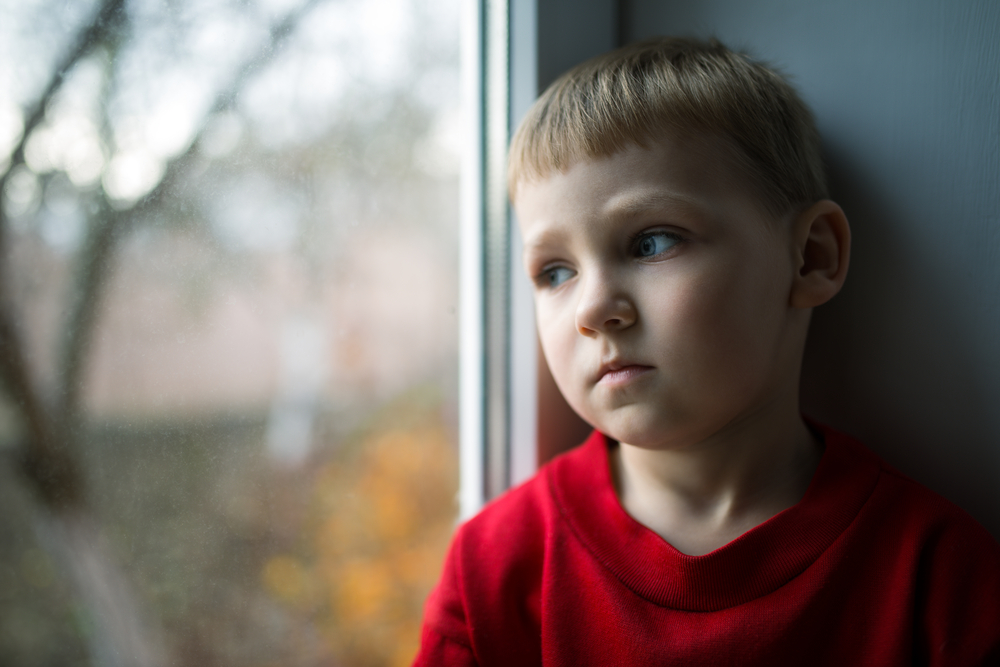
You may have shut down if you lost a close friend or family member in childhood. When you lose someone you’re incredibly close to, especially at a young age, you can feel alone and purposeless. Your grief may make you feel like no one can understand you and leave you feeling like an outsider until you learn to cope appropriately with loss and death.
10. You had learning disabilities.
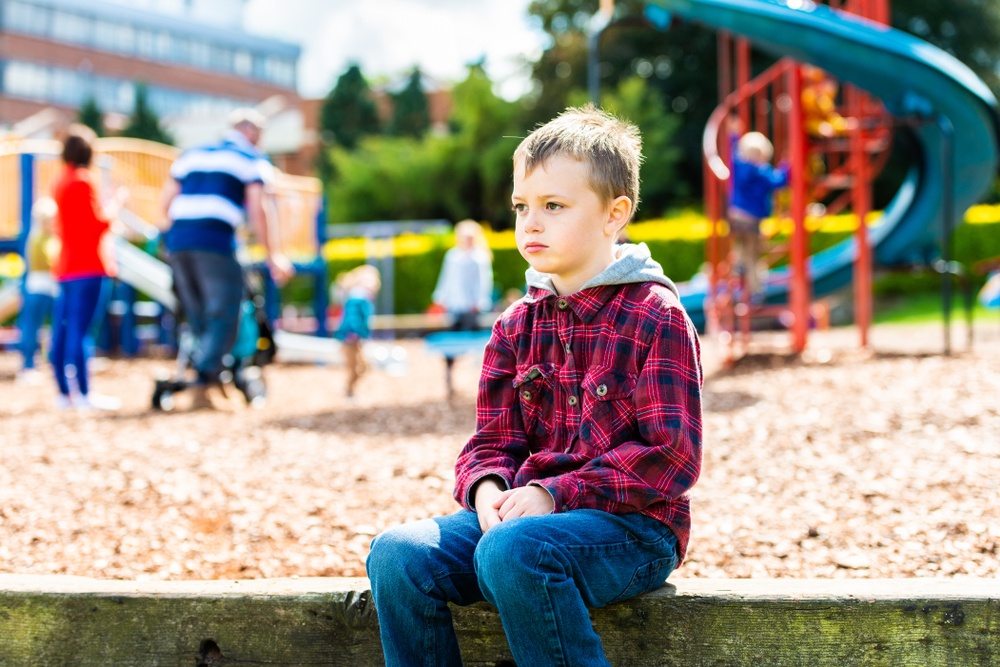
Not everyone learns the same. Some people take longer to understand simple concepts, but that’s okay. As a child, however, those who learn slower are sometimes singled out in classes or sent to special courses, which points them out as someone with a learning disability. The impact of being treated differently can make you feel different. It adds insult to injury if other kids make fun of you for learning differently.
11. You struggled with mental health.
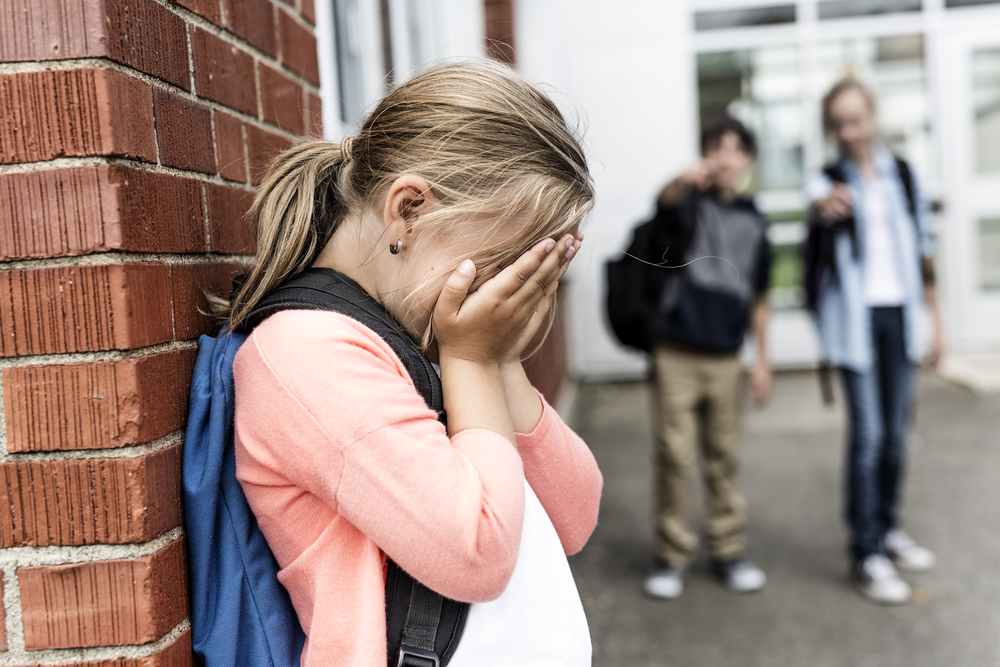
Mental health issues in childhood can be misdiagnosed, just as they are sometimes in adulthood. Even if you were diagnosed correctly, the stigma around mental health may have left you feeling alone and like no one could relate to you.
12. Your family moved around a lot.

If your family didn’t stay in one place long, you probably didn’t have a chance to make friends or found yourself constantly leaving your friends behind. This could happen because of career, military, or even if your parents divorced. You may even lose friends or find it hard to make them if you have separated parents and you spend part of your time with both and they live in different areas.
13. You struggled with your sexual or gender identity.
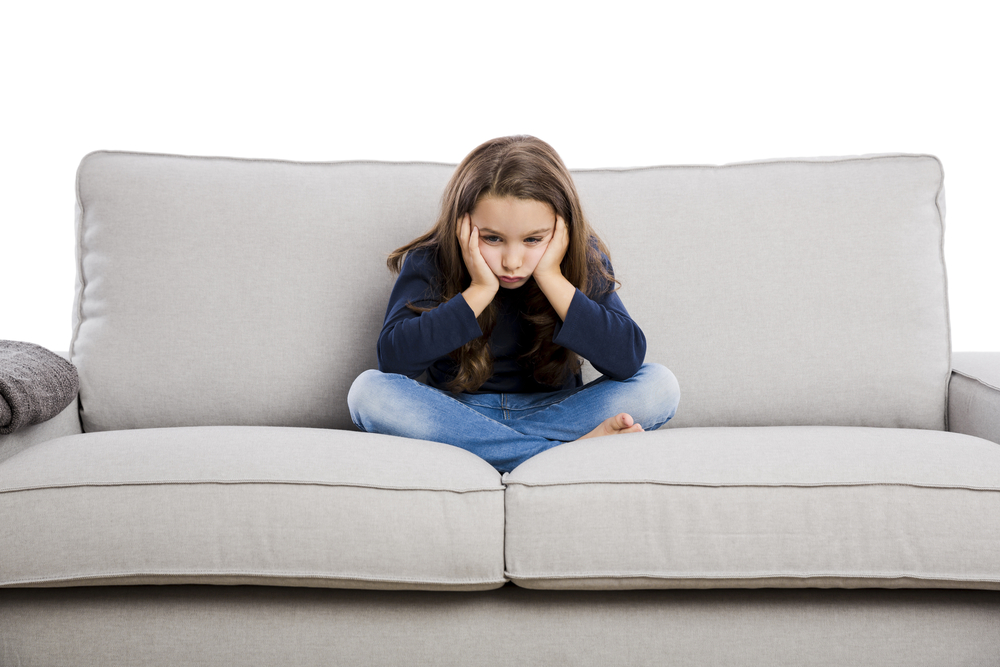
Not all people are open and understanding. If you struggled with your sexuality or your gender identity at a young age, this may have singled you out from the crowd. If you didn’t have any understanding people to confide in and learn from, you probably felt pretty alone.
14. You were gifted or had unique talents.
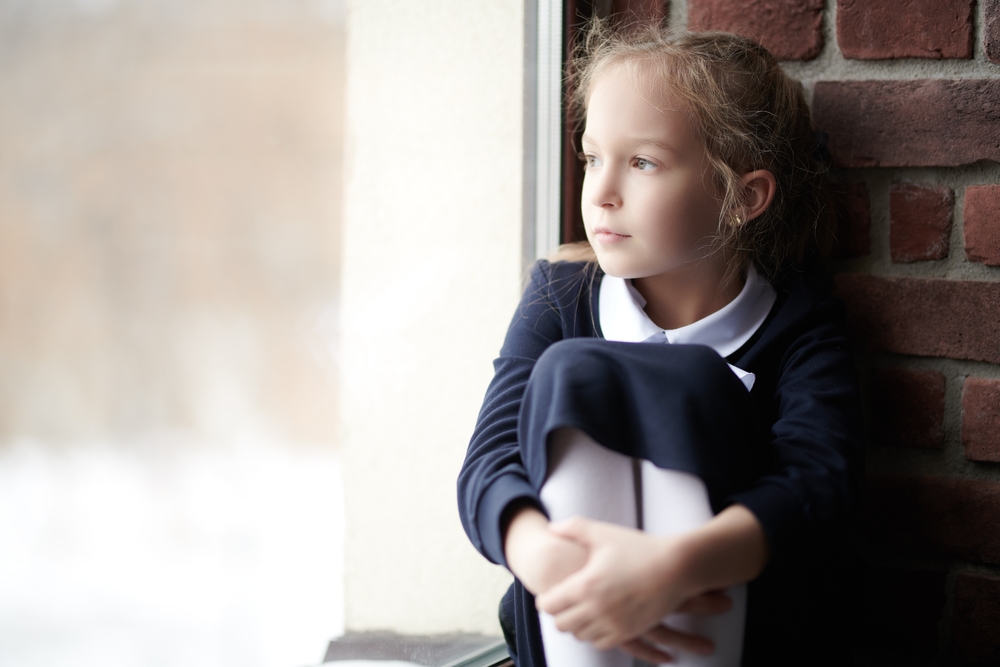
Sometimes, being too smart or talented can make you feel alone because people jealously admire your skills or decide what you know is worth ridiculing. Perhaps you stopped practicing your talents because of wanting to fit in, which made you feel like you were not connecting to your true self. Now is the time to embrace your gifts and talents.
15. You were introverted or shy.
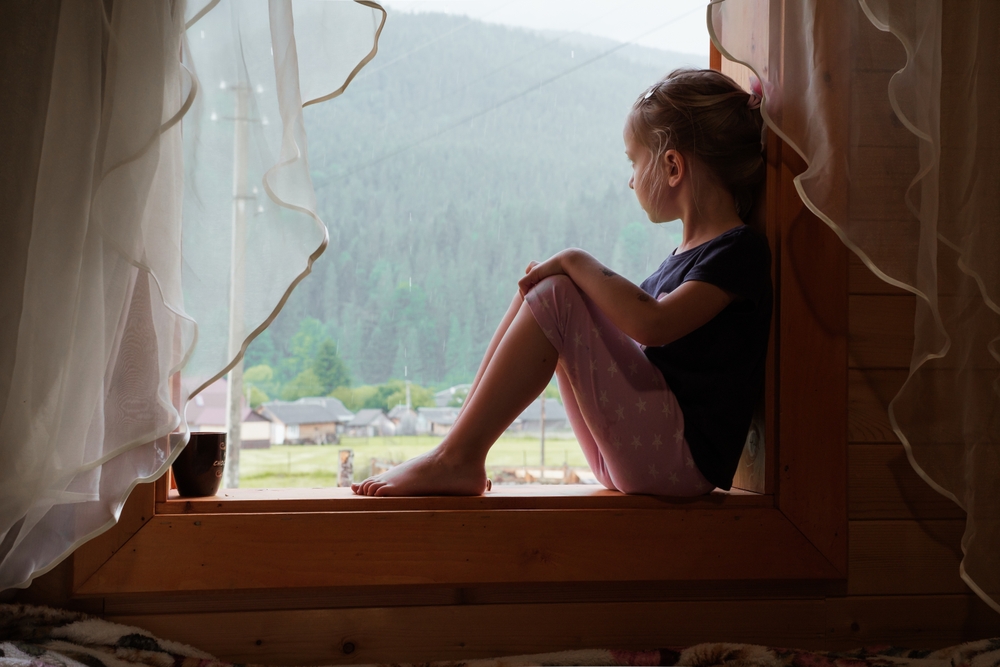
If you were introverted, you needed alone time to recharge your batteries. Sometimes, this is confused with being shy. Shyness can also keep you feeling left out because you’re not speaking up and being noticed.



